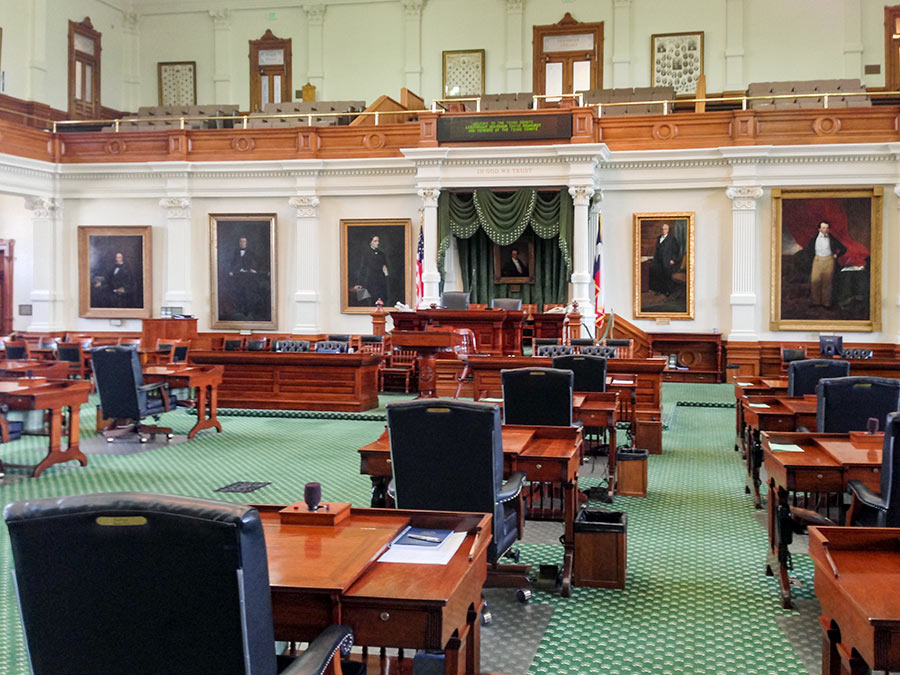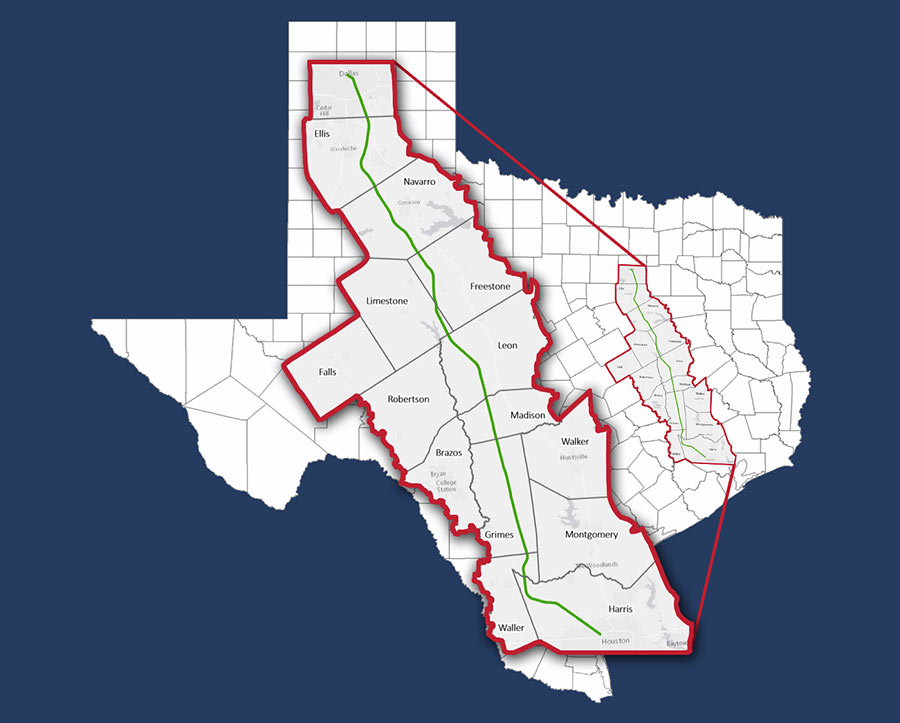NEWLY-PROPOSED STATEWIDE FLOODING FUND WOULD BE SPRINKLED WITH $1.2B FROM TEXAS’S RAINY DAY RESERVES  State Senator Charles Perry filed a trio of bills on Tuesday that aim to create a state-level plan for flood mitigation, to be funded by $1.2 billion drawn from Texas’s $11 billion rainy day fund, reports the Texas Tribune’s Carlos Anchondo. If the House and Senate agree to tap the state’s nest egg by a two-thirds vote — a level of consensus that’s proven difficult to reach in the past, notes Anchondo — the legislation would then divide Texas into regional flood planning groups that trace the outlines not of municipalities, but rather of the state’s watersheds in order to “ensure one community’s plans do not inadvertently negatively impact a neighboring community,” says Perry. (The Texas Water Development Board would oversee the mapping and could choose to deviate from watershed boundaries in exceptional cases.) Within every watershed group, a representative from each county would receive a single vote, which they’d use to hash out a regional flood plan including both physical projects (such as reservoir improvements) and strategies (such as strengthening building codes). Taking a look at each region’s plan, the state would then compile a ranked list of flood mitigation approaches across Texas and kick in portions of the $1.2 billion for them accordingly starting sometime in 2024 . . . at the earliest. [Texas Tribune; press release] Photo of the Texas Senate chamber: Arthur LeBon [license]
State Senator Charles Perry filed a trio of bills on Tuesday that aim to create a state-level plan for flood mitigation, to be funded by $1.2 billion drawn from Texas’s $11 billion rainy day fund, reports the Texas Tribune’s Carlos Anchondo. If the House and Senate agree to tap the state’s nest egg by a two-thirds vote — a level of consensus that’s proven difficult to reach in the past, notes Anchondo — the legislation would then divide Texas into regional flood planning groups that trace the outlines not of municipalities, but rather of the state’s watersheds in order to “ensure one community’s plans do not inadvertently negatively impact a neighboring community,” says Perry. (The Texas Water Development Board would oversee the mapping and could choose to deviate from watershed boundaries in exceptional cases.) Within every watershed group, a representative from each county would receive a single vote, which they’d use to hash out a regional flood plan including both physical projects (such as reservoir improvements) and strategies (such as strengthening building codes). Taking a look at each region’s plan, the state would then compile a ranked list of flood mitigation approaches across Texas and kick in portions of the $1.2 billion for them accordingly starting sometime in 2024 . . . at the earliest. [Texas Tribune; press release] Photo of the Texas Senate chamber: Arthur LeBon [license]





Yeah, DO THIS!!!
Not a bad idea – but I already see a flaw in the execution as noted in the summary: within each watershed group, each county would receive a SINGLE vote on proposals.
.
So, let’s say that our watershed group comprises the counties of Montgomery, Harris, Galveston, Brazoria, Fort Bend, and Chambers. Harris County gets 1 vote out of 5 even though we have the greater population that is affected by any group vote.
.
The voting should be logically in proportion to population in each watershed group – more weighting to the number of people affected.
I agree, Wolf Brand Chili, as it is it is just another money grab by mainly rural politicians similar to what Perry did in his last weeks in office